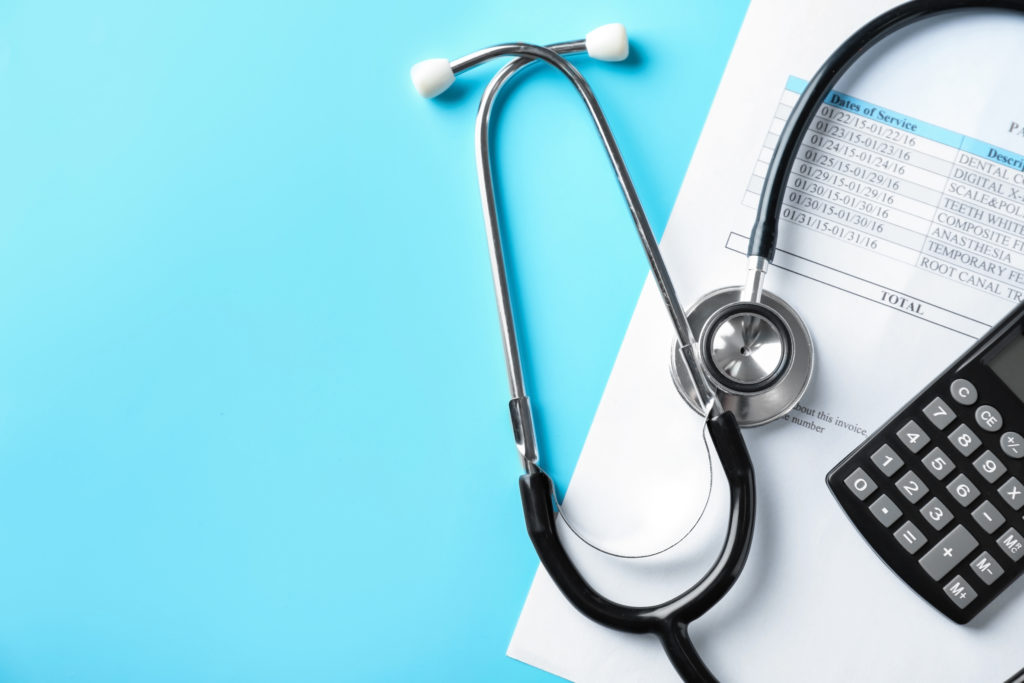
Medical billers play an important role in the healthcare system as hospitals and other medical facilities rely on prompt billing practices to ensure a healthy flow of revenue for the continued care of patients.
When beginning a career in medical billing, not only will students enter a growing healthcare field, but also starting a job that patients, physicians, insurance providers, and other healthcare workers can’t succeed without. Curious? Here’s what students need to know:
What is the difference between medical billing and medical coding?
While the terms medical billing and coding are often used synonymously, medical billers and medical coders actually perform very different roles. Medical coders are the people who gather information on patient records and assign the proper codes for patient diagnoses which are then used by medical billers. Medical billers are responsible for submitting patient records once the appropriate codes have been assigned to government agencies and insurance companies. Their work ensures that payment is received for services that have been provided in the care of a patient. Our new Medical Billing Specialist course offers valuable training in legal, ethical, and regulatory concepts that are central to this field, including HIPAA (Health Insurance Portability and Accountability Act) compliance, fraud and abuse in medical billing, and third-party payer guidelines. Students will also understand all phases of the revenue cycle, including patient registration, charge capture, medical coding, claim submission, data analytics, payer reimbursement, patient billing, and collection practices to prepare them for a rewarding healthcare career.
Are there jobs for medical billers?
According to Burning Glass, there were nearly 30,000 jobs posted nationwide for medical billers in the last year. Even more qualified medical billers will be needed soon as a 13.5 percent growth in employment is expected in this field during the next 10 years, according to Burning Glass Technologies.
What kind of education is needed to become a medical biller?
For a career in medical billing, one will first need to obtain a high school diploma or GED. Students will then need to enroll in a program that will provide them with valuable professional training and experience with medical billing to increase the prospects of landing a job. Our new Medical Billing Specialist course provides students with the necessary hands-on experience and real-world examples they need to have comprehensive, up-to-date training in medical billing that can set them apart from other candidates. Like our course, many certificate programs can be completed entirely online in one year or less, allowing students to begin working in an externship or similar situation to gain experience as soon as they complete their coursework.
Do students need an industry certification?
While students will most likely need professional training to enter a career as a medical biller, certification is not always required. However, certification shows potential employers that they have a commitment to professional success and possess in-depth knowledge of the standards used in the industry. Earning a recognized medical billing certification like the Certified Professional Biller (CPB) or Certified Electronic Health Record Specialist (CEHRS) may also help students earn a higher salary and be more competitive in the job market.
What kind of salary do medical billers earn?
Burning Glass reports that the annual median salary for medical billers is $32,172. However, according to the American Academy of Professional Coders (AAPC) 2019 Salary Survey, medical billers who have earned the Certified Professional Biller (CPB) certification have an average annual salary of $55,078.
How does someone get started in this career field?
The Medical Billing Specialist course from ed2go will allow your students to gain the training they need entirely online in a self-paced format. They will even prepare for the Certified Professional Biller (CPB) exam offered by the American Academy of Professional Coders (AAPC) and the Certified Electronic Health Record Specialist (CEHRS) exam through the National Healthcareer Association (NHA), and a voucher for the Certified Professional Biller (CPB) exam is included with their course.
This course is different from ed2go’s other medical billing and coding training courses because it is laser-focused on a career in medical billing without excess information on medical coding. Instead, students will learn from scenario-based content, including interactivities and hands-on practice with claims and coding, which will better prepare them for success in their new career. Students will even receive access to an optional “How to Find a Job in Medical Billing” lesson as well as an Externship Starter Kit that can help them find an externship in their area and gain valuable on-the-job experience as well as potential employment.
Upon completing our course, students will be fully prepared to work on a health information management team, auditing records, compiling reports for patient tracking, and coordinating the systems that keep our healthcare facilities operating.
If you have elected to auto-add new titles to your catalog, then no further action is required. Otherwise, you will need to add the new Medical Billing Specialist course manually in the Online Administration Center. If you are unsure if you have the auto-add feature set up or would like to learn more, contact your Account Manager.
